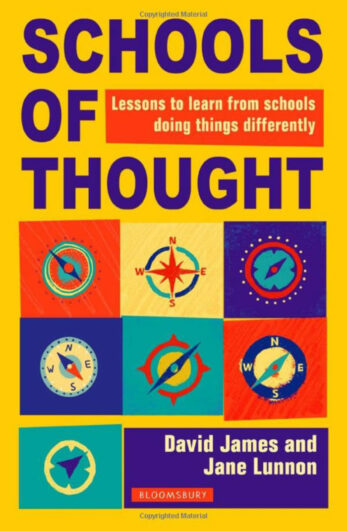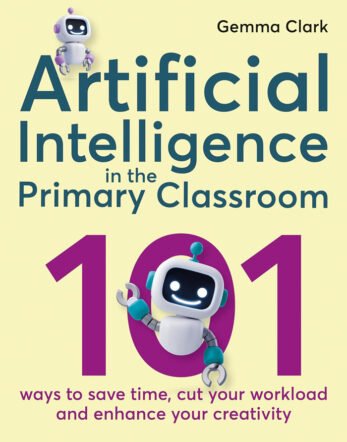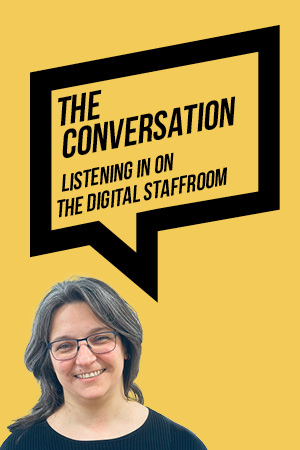Hildrew reflects on his first two terms in post as head of Churchill Academy in north Somerset. Having set out to “look, listen and learn as much about the place as I could so I could make an informed decision about what I needed to keep, grow and change,” he first describes how he has gone about this listening. With students, for example, he has “visited lessons every day since I started at the academy! I’ve seen lessons in every department and from every year group. I’ve also eaten lunch with the students in each of the kitchens, spent time in all of the house wells, and got down on to the field.” He also talks about what he has learned and been asked – for example: “some students wanted to be allowed to listen to music in class” – and what he is or is not going to do about it . . . “the research shows that this can undermine learning”. Hildrew emphasises how much he has learned through listening to his colleagues and students, and how his plans will derive from this approach.
Evaluating CPD: hard but not impossible
By Phil Stock
Stock addresses the challenge of evaluating professional development at his school, beginning with acceptance that: “It is not acceptable to assume that, however well intentioned or well received a school’s CPD programme is, it is necessarily right for it to continue”. He focuses his discussion around Thomas Guskey’s “five levels of impact”, so sets out to go beyond brief evaluations of individual sessions, to examine the effect they have on teacher behaviour and the difference that this is making to students. Stock’s helpful posts shows how his school has examined each level of impact, from surveys on individual sessions, via evaluation of the school’s climate for professional development through an audit by the Teacher Development Trust, to its attempts to link student results to professional development. “Ours is still very much a
work in progress,” he concludes. “I do
think, however, that we are much further along in understanding the importance of evaluation in relation to professional development, and what this might look
like in practice.”
The unexpected benefit of celebrating failure
By Astro Teller
Even if this talk doesn’t inspire you, it would make excellent material for a growth mindset assembly. Astro Teller describes the approach taken to projects at Google’s research laboratory, where “inventors, engineers and makers are dreaming up technologies that we hope can make the world a wonderful place”. These “moonshots” are wildly ambitious ideas, but Teller reveals a particular approach taken at the moonshot “factory”: “We spend most of our time breaking things and trying to prove that we’re wrong. That’s it, that’s the secret. Run at all the hardest parts of the problem first.” Taking the viewer through successful experiments – so far – such as worldwide wi-fi from balloons, and unsuccessful ones, such as vertical agriculture, Teller notes that “You cannot yell at people and force them to fail fast”, and suggests that we must instead make it the path of least residence.
By Michael Sanders
What is the impact of the words “thank you”? The government’s behavioural insights team tested just this question with teachers at the end of term when they sent a message including a link to professional development resources and, above it, four different messages. The first three seem likely to inspire teachers: a request to write a reflection on their teaching experience to pass on to new teachers; a former student telling teachers about the amazing impact they can have; a newly qualified teacher sharing her excitement at joining the profession. The team then included a simple “thank you”. It was this message that proved the most powerful. Sanders concludes: “Saying ‘thank you’, even for little things, builds a virtuous circle of reciprocity, with one good turn leading to another, which leads to another, and so on.”







Your thoughts